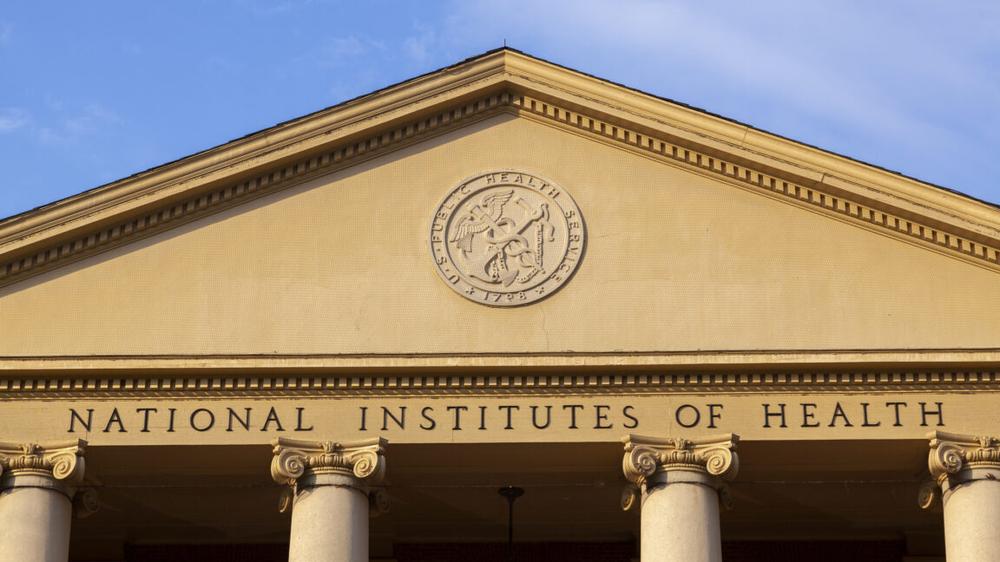The director of a federal health institute that has arguably produced two of the most controversial government studies in recent years has accepted a new federal role to advance the goals of the Make America Healthy Again movement. Meanwhile, the person replacing him as director is a close friend of Vice President JD Vance and was installed in a process that experts describe as completely outside standard hiring practices.
The series of events—revealed in an email to staff last week from the National Institutes of Health Director Jay Bhattacharya—is only exacerbating the spiraling fears that science is being deeply corrupted by politics under the Trump administration.
Richard Woychik, a molecular geneticist, is the outgoing director of the NIH’s National Institute of Environmental Health Sciences (NIEHS), which is located in Research Triangle Park, North Carolina. He has been director since 2020 and was recently appointed to a second five-year term, according to Science magazine. Woychik was hired at the institute in 2010, when he joined as deputy director, and was appointed acting director in 2019.
As the director of NIEHS, Woychik was also the director of the National Toxicology Program (NTP). This is an interagency program that has produced two highly controversial scientific reports during Woychik’s time in NIEHS’s upper leadership. One, initially released in 2016, claimed that cellphone radiation causes cancer based on findings from rats, though only male rats. The final reports were published in 2018. Another controversial study, finalized this year, suggested that high levels of fluoride lower the IQ of children. Both the cellphone radiation and fluoride studies have been roundly criticized for flaws in their methodology and analysis, and the scientific community has largely dismissed them.
However, the studies align with—and bolster—the conspiracy theories and misinformation spread by the MAHA movement, which is led by ardent anti-vaccine activist and current US health secretary Robert F. Kennedy Jr. As health secretary, Kennedy has pledged to remove fluoride from municipal water, which, over decades, has proven safe and highly effective at preventing tooth decay in children. He has also, at various times, suggested 5G cell phone radiation causes cancer, a variety of other health conditions, changes to DNA, and is used as mass surveillance.
Woychik will now be working to advance these and other MAHA agenda items. In Bhattacharya’s email announcement, he said Woychik accepted a senior role within the NIH Office of the Director.
New director
Meanwhile, NIEHS and the NTP will now be headed by neuroepidemiologist Kyle Walsh, who considers JD Vance one of his closest friends. Both attended Ohio State University and Yale University around the same time. Vance officiated Walsh’s wedding and later lived with Walsh and his wife for a few months. Walsh later worked for Vance while he was a senator.
Toxicologist Linda Birnbaum, who led NIEHS in the 2010s, told Science that Walsh’s hiring “did not follow in any way the standard procedure that NIH uses to hire new institute directors,” which normally involves a national search committee and interviews with multiple candidates. Birnbaum also told The News & Observer that Walsh doesn’t appear to be a good fit for running an environmental health institute with a $914 million budget. His background, which is focused on brain aging and cancer, doesn’t seem to point to an environmental health focus and doesn’t include managerial experience.
Jeremy Berg, former director of another NIH institute, the National Institute of General Medical Sciences, told the outlet that he was “shocked” by the appointment, also noting the apparent lack of rigorous vetting.
Health department spokesperson Emily Hilliard defended Walsh’s hiring, saying: “NIH appointments will continue to reflect the agency’s commitment to selecting leaders with strong scientific expertise who can help NIH continue to produce the best medical research in the world.”

 Johnsonville is releasing a Dr Pepper sausage and soda-lovers are divided
Johnsonville is releasing a Dr Pepper sausage and soda-lovers are divided